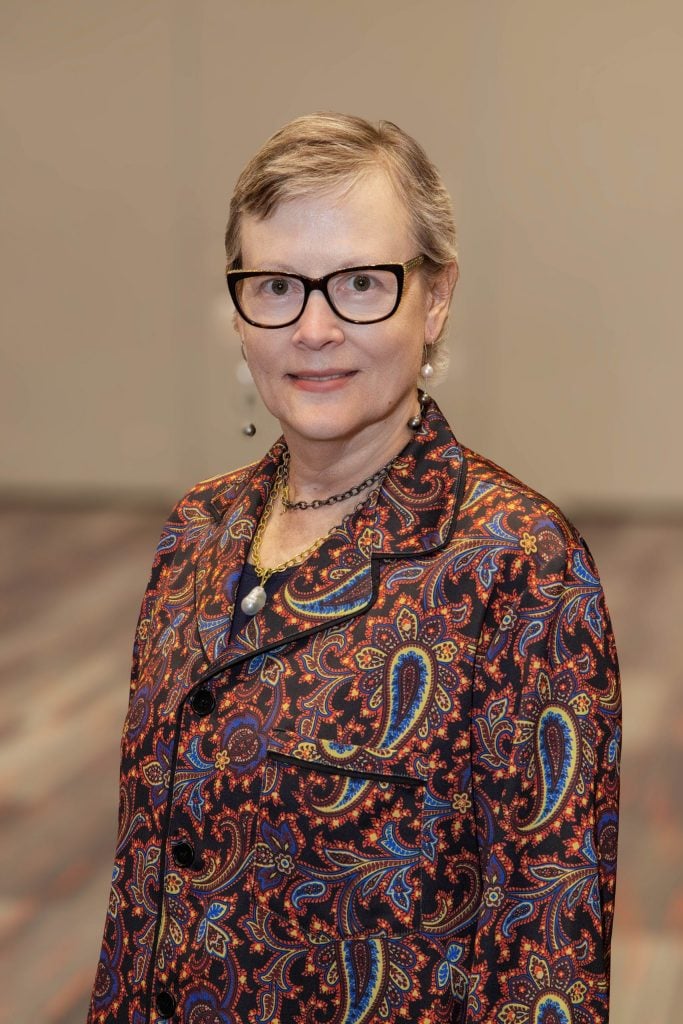
As summertime draws to a close in the Northern Hemisphere, medical schools once again are buzzing with activity: students rushing between classes, attending labs, making grand rounds, and hitting the books late into the night.
For a growing number of these students, endocrinology will be part of the mix.
Eleven U.S. universities have joined 10 other institutions as participants in the Society’s Medical School Engagement Program (MSEP). The program, now in its second year, was created to encourage greater interest among medical students in endocrinology practice.
Similarly, the Society will hold its popular Obesity Fellows Program this month to increase awareness and expertise in this growing area of endocrinology practice.
As a college professor, I see MSEP and our Fellows programs as crucial initiatives for both the Society and our field in general. Recent studies have found sagging interest in endocrinology as a specialty among rising physicians. We want to ensure a robust pipeline of new talent entering the field, and MSEP and the Fellows programs help in that aim.
The 2025 cohort of MSEP awardees are among the largest and most prestigious schools in the United States. The 2025 recipients are:
- Boston University Chobanian & Avedisian School of Medicine
- Hackensack Meridian School of Medicine
- Harvard Medical School
- Howard University College of Medicine
- Lewis Katz School of Medicine at Temple University
- Perelman School of Medicine at the University of Pennsylvania
- Spencer Eccles Fox School of Medicine – The University of Utah
- University of California, San Francisco, School of Medicine
- University of Miami, Leonard M. Miller School of Medicine
- University of Michigan Medical School
- West Virginia University School of Medicine
I’m pleased to share how some 2025 MSEP participants will engage with this program:
From the project lead at Boston University School of Medicine:
“To strengthen medical student engagement, we plan to establish monthly endocrine interest groups to facilitate interactive discussions, career mentorship, and case-based learning. Students will also be invited to didactic sessions, including grand rounds, monthly diabetes technology conferences, journal clubs, and fellows’ didactics. Additionally, we plan to host an Endocrine Toolkit Sessions outside the medical school curriculum, tailored to students’ interests.” – Aysegul Bulut, MD
From the project lead at West Virginia University School of Medicine:
“We will use MSEP funds to pursue three synergistic pipeline programs: (1) Endocrinology Interest Group (EIG): EIG membership will be available to all medical students open to an endocrinology career. (2) Endocrine Research Sponsorship and Mentorship Program (ERSMP) and (3) Endocrine Board Review Program (EBRP). Most MSEP funds would be used to provide meals for EIG meetings. A small portion would be used to purchase prizes for the Endocrine Jeopardy session and two annual Excellence in Endocrinology plaques.” – Christopher R. McCartney, MD
From a project lead at University of California San Francisco School of Medicine:
“UCSF Endocrinology has a long and well-established program of fellowship training and robust, innovative research. We hope to leverage aspects of these programs to increase student engagement. We aim to: (1) Develop a comprehensive endocrine curriculum for summer students in the NIDDK-funded Medical Student Research Program (MSRP) in Diabetes at UCSF. (2) Establish Endocrinology Interest Groups (EIG) by leveraging faculty leaders in the medical student curriculum and activities in the fellowship training program. We aim to…expose students to the clinical scope and intellectual depth of endocrinology.” – Madhu Rao, MD
I invite you to learn more about these and other MSEP 2025 participants.
Obesity Fellows Program
As mentioned above, MSEP is not the only program the Society offers to rising clinicians.
The popular Obesity Fellows Program, which takes place September 19-20, brings together 50 endocrinology fellows from across the country to the Society’s headquarters in Washington, D.C. The program includes two days of in-person learning on best practices in obesity care, as well as on-demand lectures.
The in-person lectures cover topics such as Patient-First Strategies: When & How to Discuss Weight & Factors Affecting Weight Loss and Weight Control; Pediatric Weight Management; and Pharmacologic Treatment for Obesity (New and Old).
On-demand lectures cover topics such as Current Prevalence of Obesity and Genetic & Environmental Pathophysiology of Obesity; and Lifestyle Assessment, Intervention & Monitoring in Obesity.
Programs for Early Career Researchers
We also offer programs to help aspiring endocrine researchers establish careers, including the Future Leaders Advancing Research in Endocrinology (FLARE) program.
This year, 25 program participants attended our spring leadership workshop and received complementary ENDO registration to advance their professional development and establish contacts in the endocrine science field.
We also offered the Early Career Forum, a day-long workshop at ENDO 2025, the Research Experiences for Graduate and Medical Students program, and Early Investigator Awards to support and recognize the accomplishments of early-career researchers.
I’m proud to belong to an organization that places such an emphasis on ensuring the future of our field. Please disseminate this information to your contacts who may be interested!

